
Cyber awareness
Being cyber aware is everyone's responsibility. Explore our cyber safety guides for education and resources to help you stay safe online.
-
Phishing scams - how to spot them and what to do
Phishing is a technique hackers use to trick you into giving out your personal details. A phishing scam might ask for your login information, get you to open an attachment, or pay an invoice or bill. Cyber-criminals spend a lot of time setting up lures that look convincing and legitimate. Learn about phishing scams and how to avoid being conned.
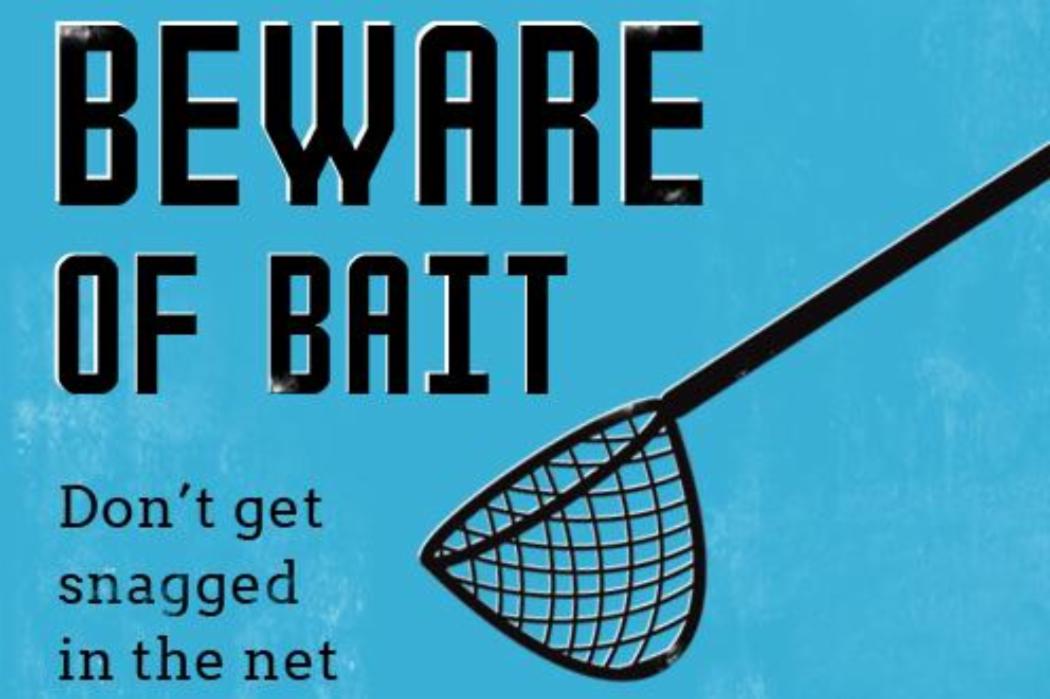
-
Phishing scams - how to spot them and what to do
Phishing is a technique hackers use to trick you into giving out your personal details. A phishing scam might ask for your login information, get you to open an attachment, or pay an invoice or bill. Cyber-criminals spend a lot of time setting up lures that look convincing and legitimate. Learn about phishing scams and how to avoid being conned.

-

Phishing scams - how to spot them and what to do
-
Carrying risk on USB storage devices
USB storage devices provide a convenient way to share and transfer data but they also pose a risk to cybersecurity. Before you use a ‘thumb drive’ or portable hard drive, stop and think about the risks of using these devices. Learn how you might be carrying risk on USB storage devices.
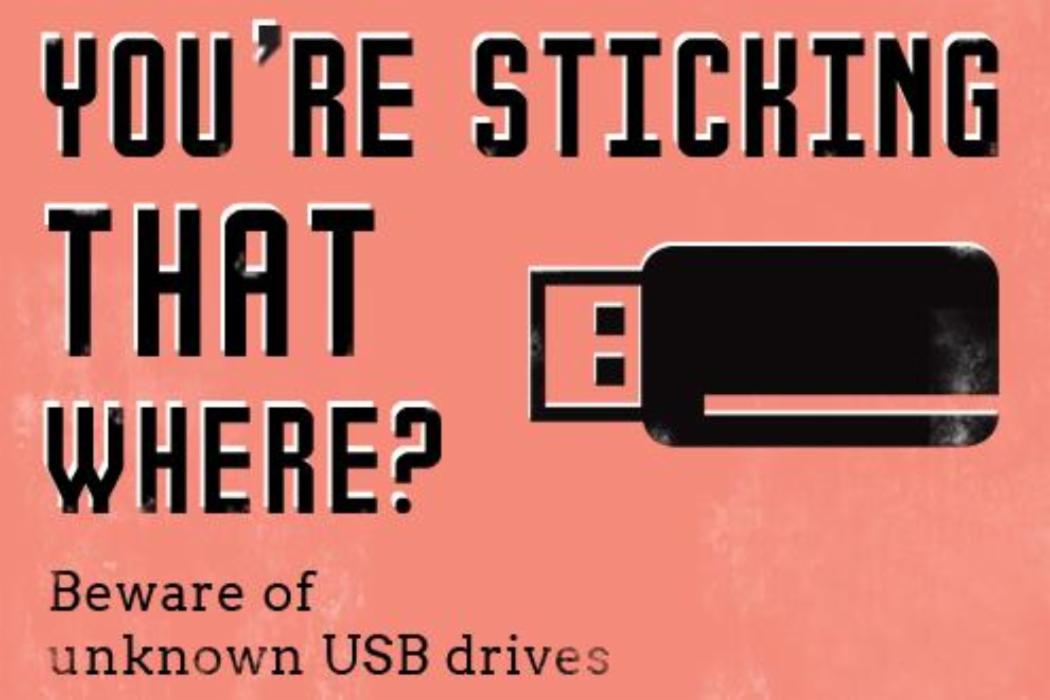
-
Carrying risk on USB storage devices
USB storage devices provide a convenient way to share and transfer data but they also pose a risk to cybersecurity. Before you use a ‘thumb drive’ or portable hard drive, stop and think about the risks of using these devices. Learn how you might be carrying risk on USB storage devices.

-

Carrying risk on USB storage devices
-
The strength of passwords
We recommend your UC passwords are unique and 10 to 16 characters long. A 16-character password is estimated to be over 166 trillion times stronger than an 8 character password. A password manager will help you store and retrieve complex passwords from your personal encrypted database. Learn more about the strength of passwords.
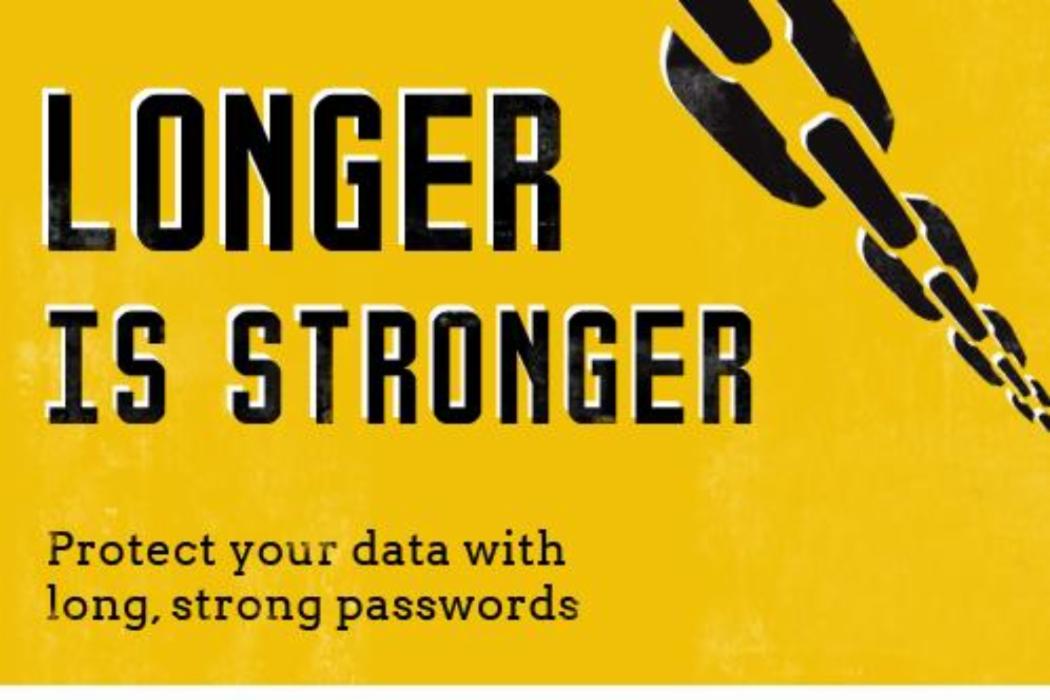
-
The strength of passwords
We recommend your UC passwords are unique and 10 to 16 characters long. A 16-character password is estimated to be over 166 trillion times stronger than an 8 character password. A password manager will help you store and retrieve complex passwords from your personal encrypted database. Learn more about the strength of passwords.

-

The strength of passwords
-
Non-technical social engineering scam
Social engineering as a scam can take many different forms. One of these is a non-technical form where a scammer already knows enough about you to make you feel comfortable and confident in revealing more personal information they really need to defraud you. Learn more about non-technical social engineering scam.
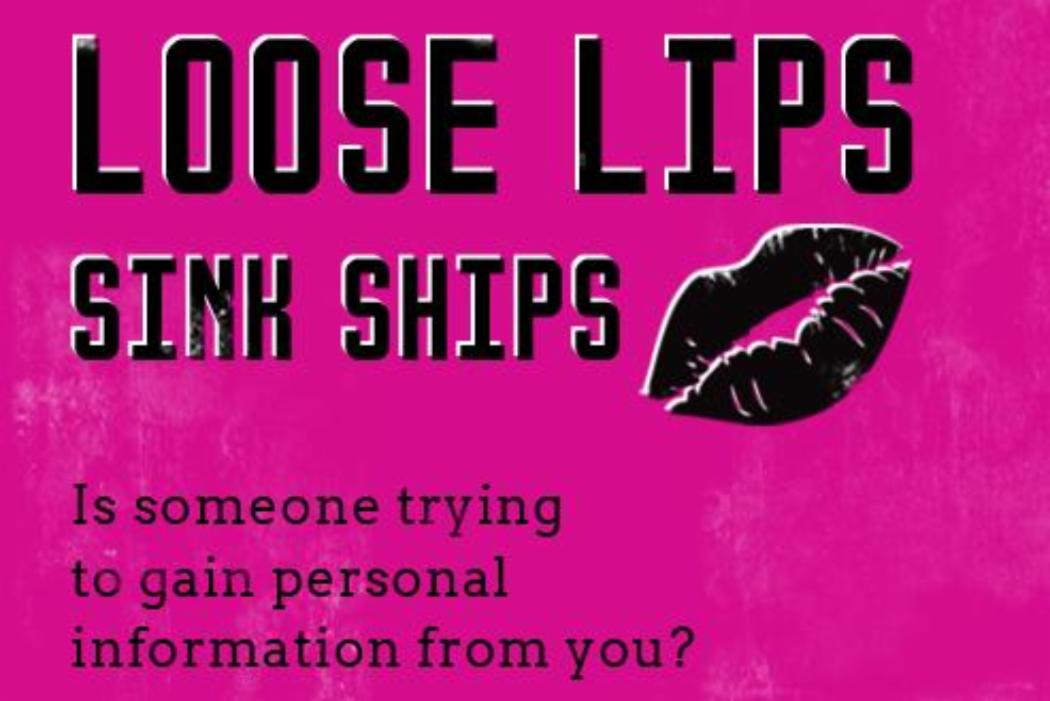
-
Non-technical social engineering scam
Social engineering as a scam can take many different forms. One of these is a non-technical form where a scammer already knows enough about you to make you feel comfortable and confident in revealing more personal information they really need to defraud you. Learn more about non-technical social engineering scam.

-

Non-technical social engineering scam
-
Use secure networks and devices when browsing
Be careful what device and network you use for ‘sensitive’ browsing like internet banking or accessing your university email. It's best to do this on your own device or one that's been allocated to you by UC. Learn more about secure networks and devices when browsing.
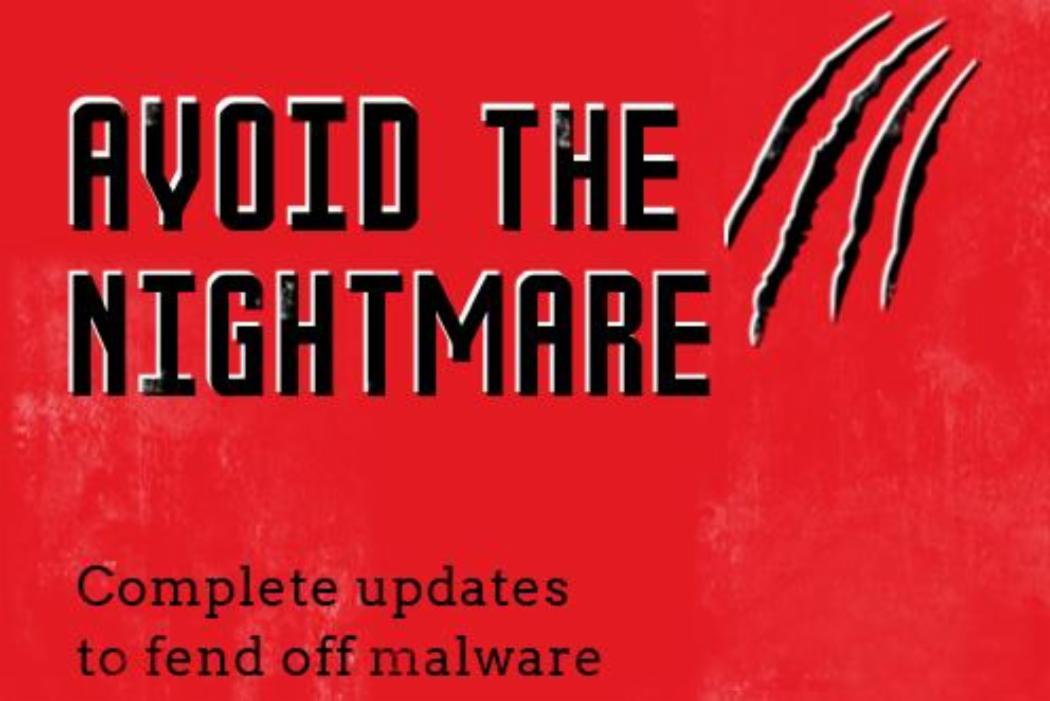
-
Use secure networks and devices when browsing
Be careful what device and network you use for ‘sensitive’ browsing like internet banking or accessing your university email. It's best to do this on your own device or one that's been allocated to you by UC. Learn more about secure networks and devices when browsing.

-

Use secure networks and devices when browsing
-
Be careful with email attachments
How often do you get an email with an attachment you’re not expecting? Do you open it without thinking? This is one of the ways hackers can target you, your data, and your device. Be careful about opening email attachments and only open attachments from expected senders. Inspect the unexpected.
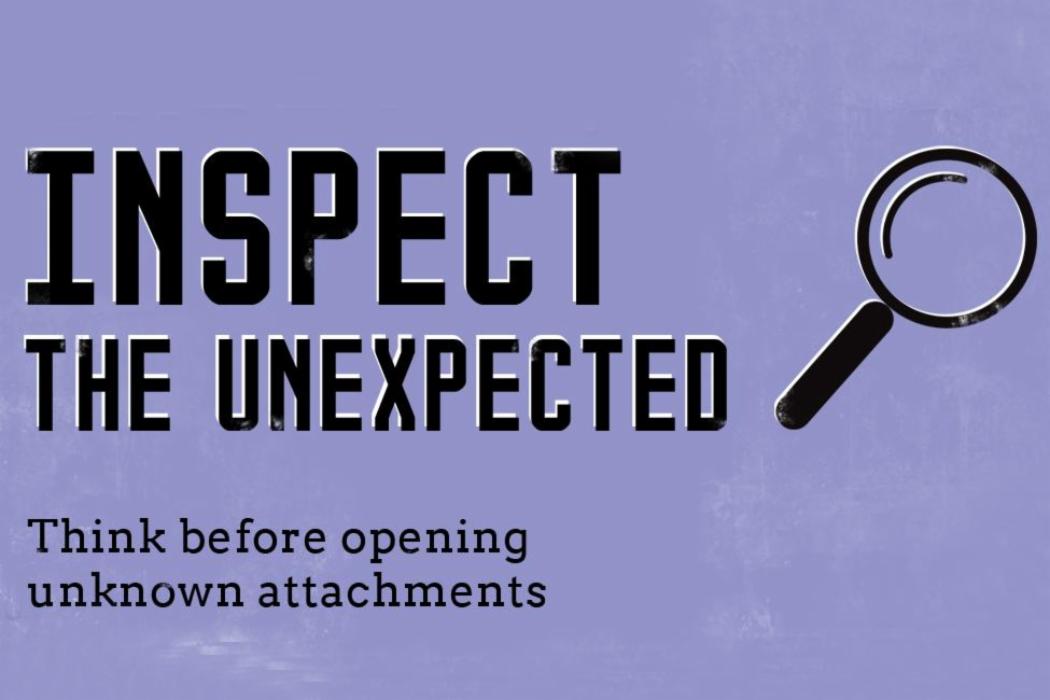
-
Be careful with email attachments
How often do you get an email with an attachment you’re not expecting? Do you open it without thinking? This is one of the ways hackers can target you, your data, and your device. Be careful about opening email attachments and only open attachments from expected senders. Inspect the unexpected.

-

Be careful with email attachments
-
Identifying odd behaviour
The common thread across all cybersecurity protection is to be alert and think about your online life and experience. Use your experience and discuss with others the digital world we live in to identify imposters and strange behaviour. Learn more about identifying odd behaviour.

-
Identifying odd behaviour
The common thread across all cybersecurity protection is to be alert and think about your online life and experience. Use your experience and discuss with others the digital world we live in to identify imposters and strange behaviour. Learn more about identifying odd behaviour.

-

Identifying odd behaviour
-
Look after your devices
Do you share thoughts and memories, pictures of holidays, gatherings, and other adventures? After people, the next most common channel for attack and vulnerability is outdated software. Find out how to look after your devices.
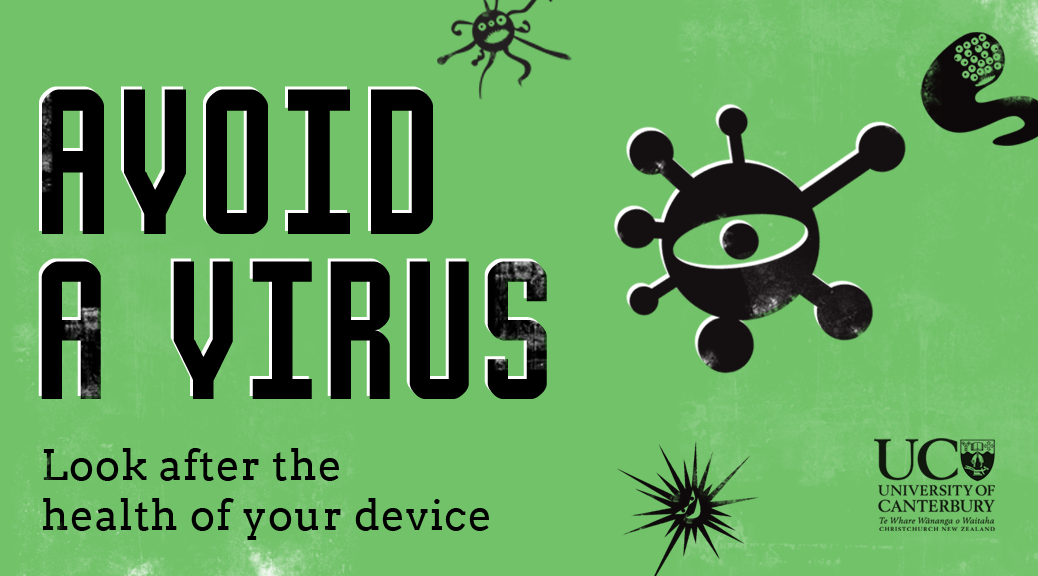
-
Look after your devices
Do you share thoughts and memories, pictures of holidays, gatherings, and other adventures? After people, the next most common channel for attack and vulnerability is outdated software. Find out how to look after your devices.

-

Look after your devices
-
Self made target - Oversharing
Do you share thoughts and memories, pictures of holidays, gatherings, and other adventures? Most of us do but what if we told you that you've probably shared enough information publicly for your identity to be stolen? Learn more about oversharing online.
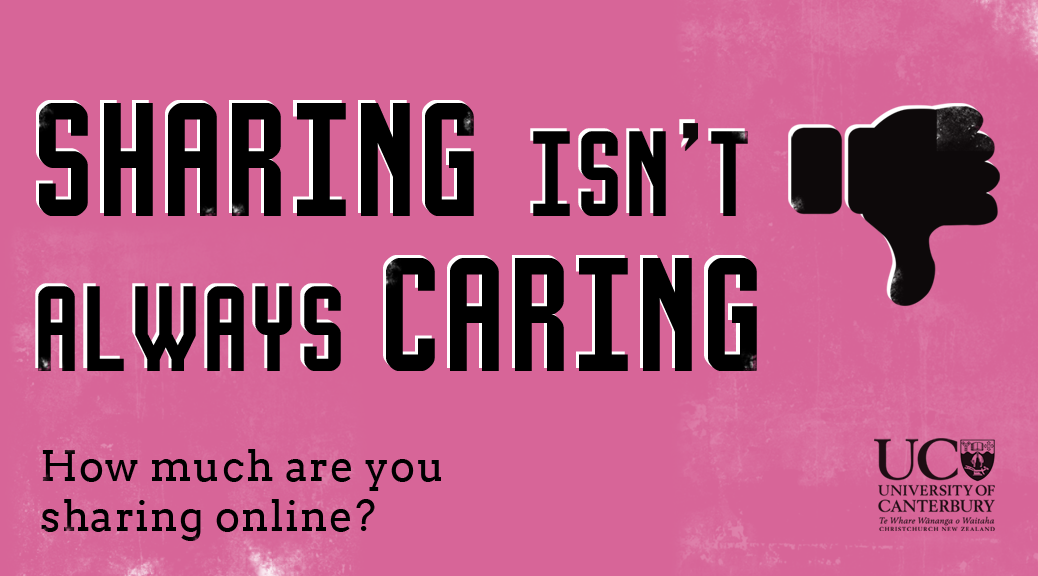
-
Self made target - Oversharing
Do you share thoughts and memories, pictures of holidays, gatherings, and other adventures? Most of us do but what if we told you that you've probably shared enough information publicly for your identity to be stolen? Learn more about oversharing online.

-

Self made target - Oversharing
-
Cyber threats are real and can happen to you
Cyber threats are real. Hackers and cyber-criminals can do amazing things with access to everything on your device or your personal credentials. This can take a massive toll on your personal and professional life. Learn more.
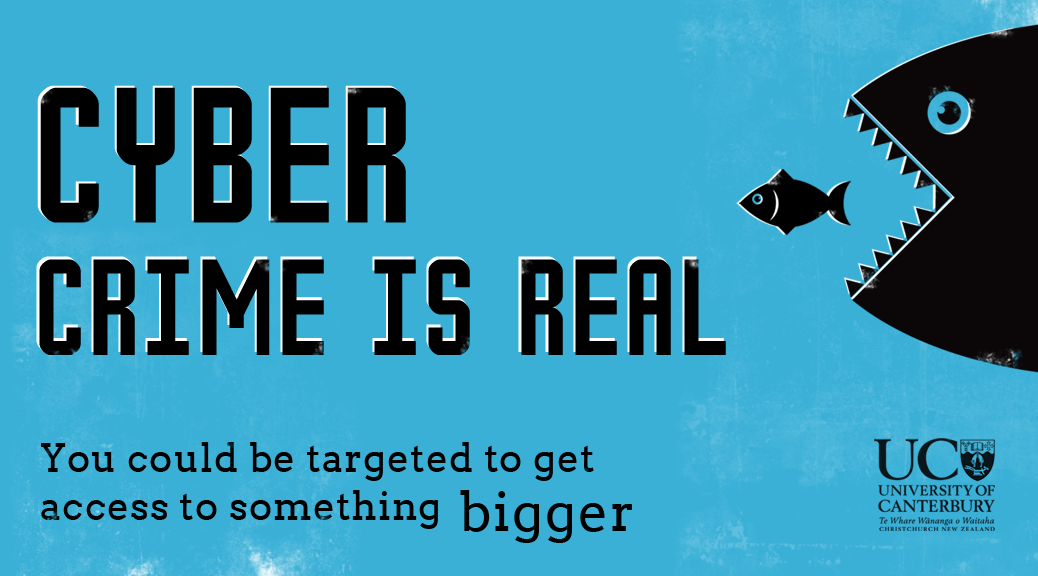
-
Cyber threats are real and can happen to you
Cyber threats are real. Hackers and cyber-criminals can do amazing things with access to everything on your device or your personal credentials. This can take a massive toll on your personal and professional life. Learn more.

-

Cyber threats are real and can happen to you
-
Is that link what you think it is?
Always be mindful when you click on a link in an email. Check where a link really goes to by hovering the mouse pointer above the link to see what the URL is. Is that link what you think it is? Learn more.

-
Is that link what you think it is?
Always be mindful when you click on a link in an email. Check where a link really goes to by hovering the mouse pointer above the link to see what the URL is. Is that link what you think it is? Learn more.

-

Is that link what you think it is?
-
Be different - use unique passwords
It's a terrible idea to use the same password for everything. If your security is breached online the hacker will have access to all the sites you log in to. Make sure you use unique passwords.
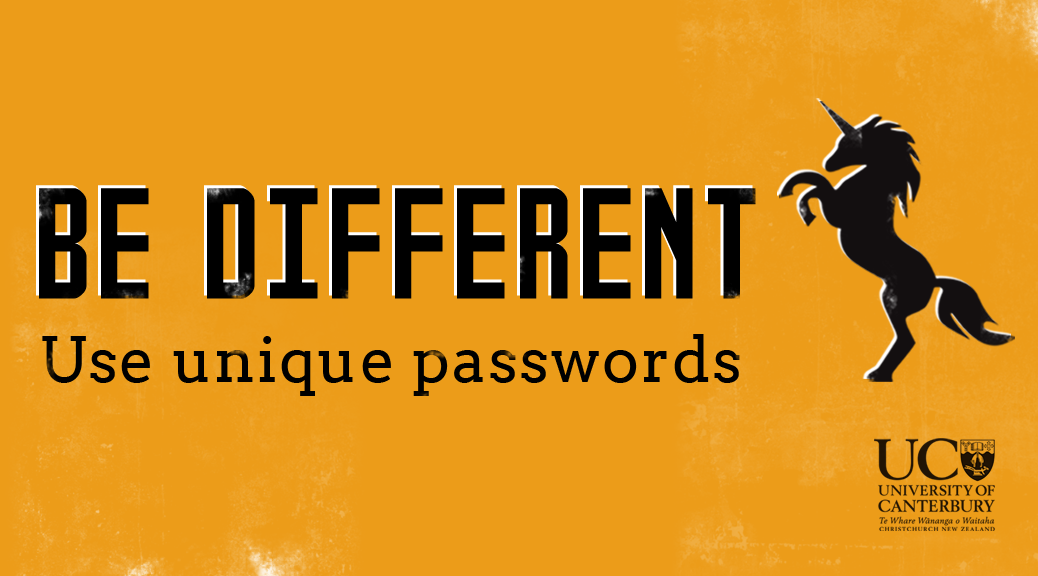
-
Be different - use unique passwords
It's a terrible idea to use the same password for everything. If your security is breached online the hacker will have access to all the sites you log in to. Make sure you use unique passwords.

-

Be different - use unique passwords
-
Report a scam
Phishing is a technique used by hackers to trick people into giving personal details. Find out how to spot these and other scams and what to do if you receive a phishing email. Learn how to report a scam or suspicious message.

-
Report a scam
Phishing is a technique used by hackers to trick people into giving personal details. Find out how to spot these and other scams and what to do if you receive a phishing email. Learn how to report a scam or suspicious message.

-

Report a scam
-
Don't get phished - personalised bait
Spear phishing is an email, text, or social media message that's specifically targeted at you. It will leverage what you can do, usually in the commission of a criminal act. Learn more so you don't get phished.
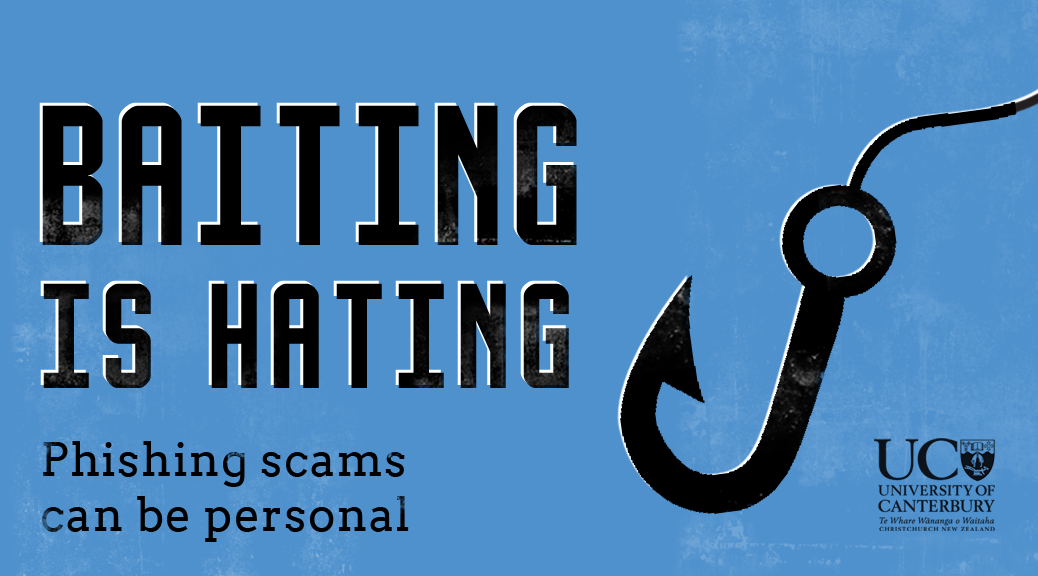
-
Don't get phished - personalised bait
Spear phishing is an email, text, or social media message that's specifically targeted at you. It will leverage what you can do, usually in the commission of a criminal act. Learn more so you don't get phished.

-

Don't get phished - personalised bait